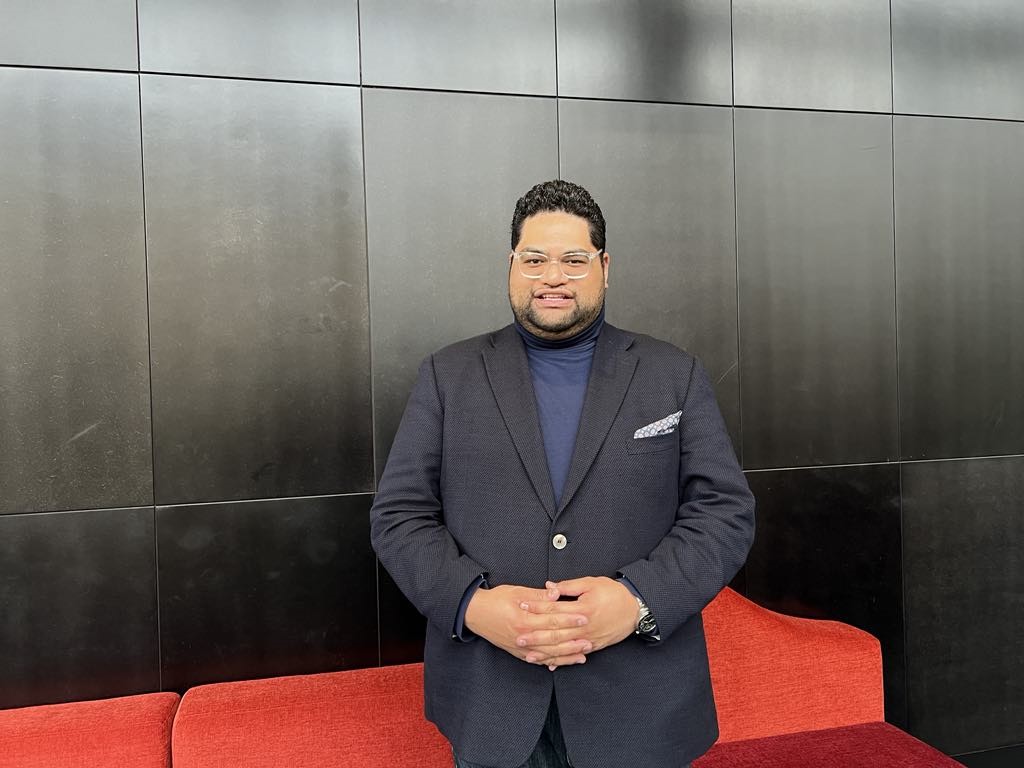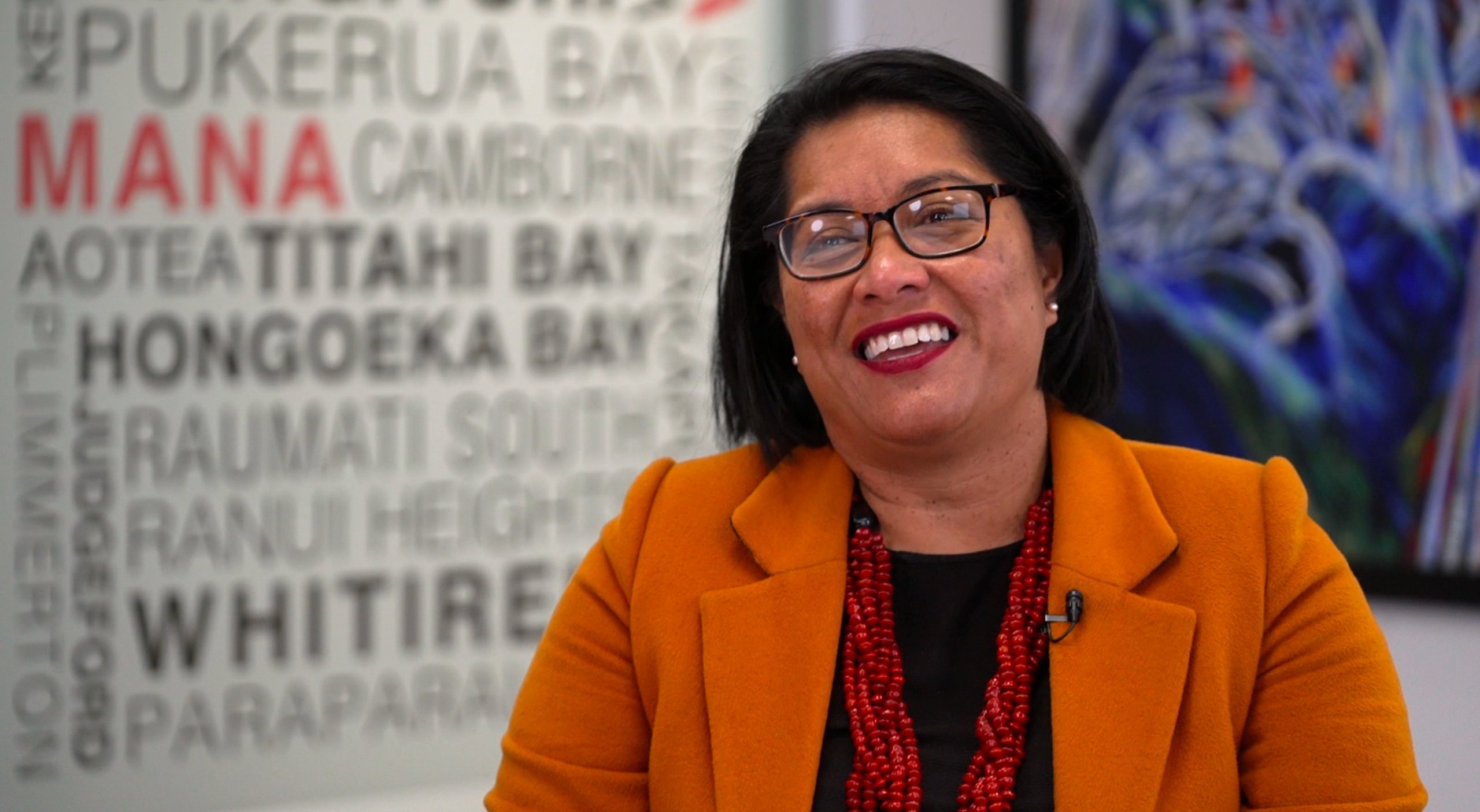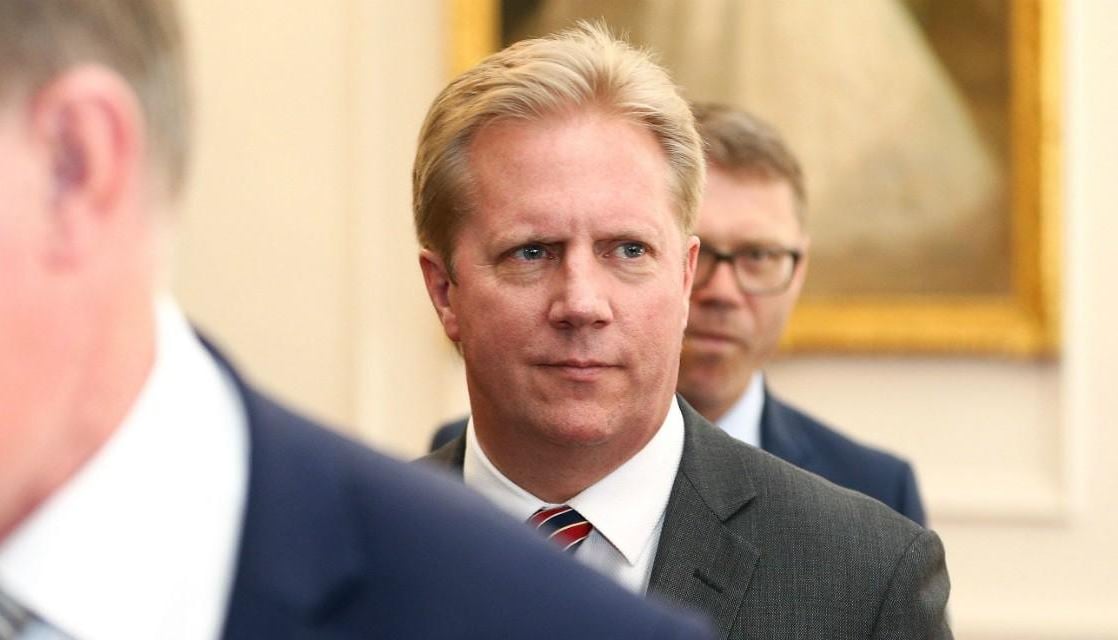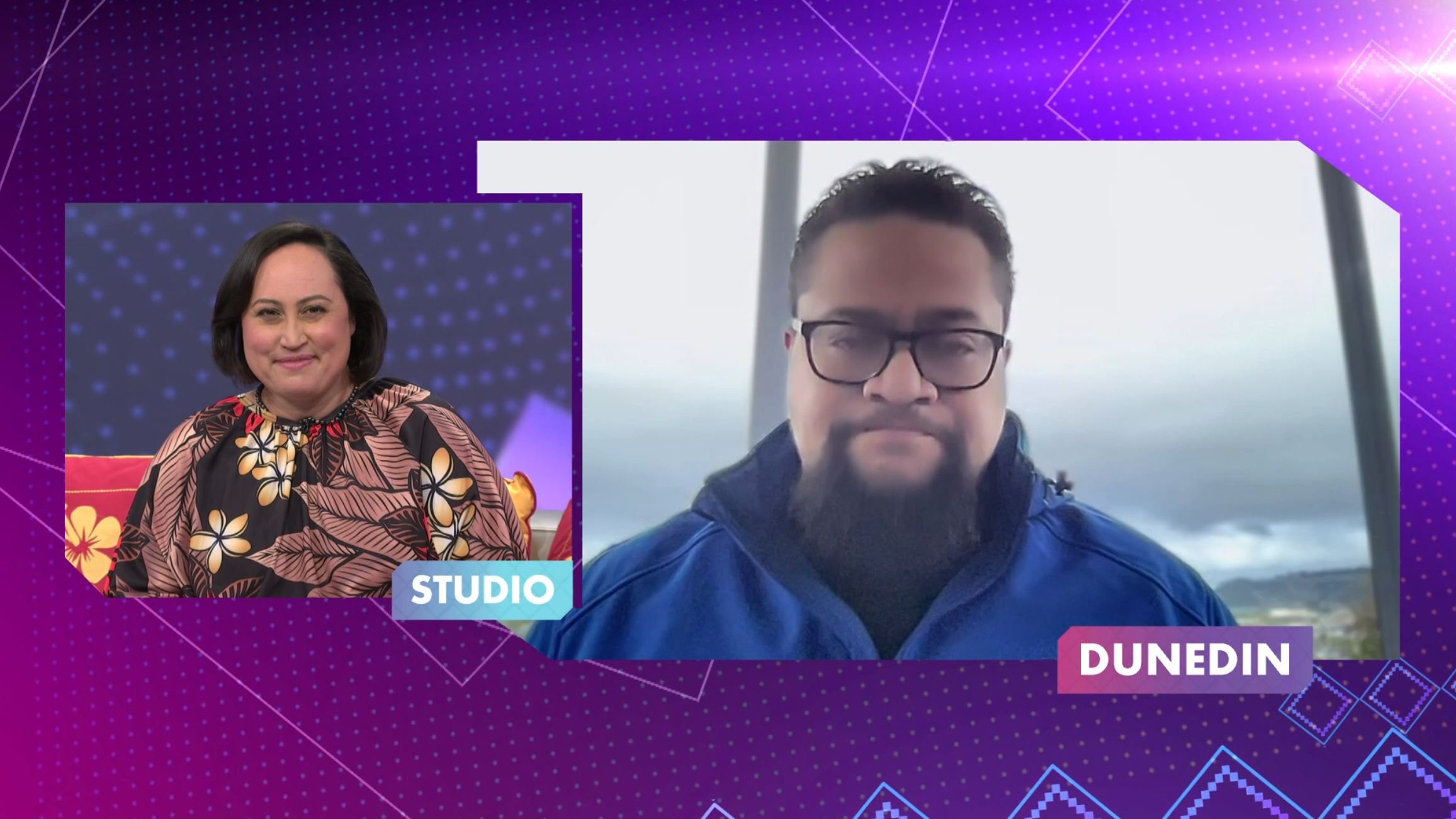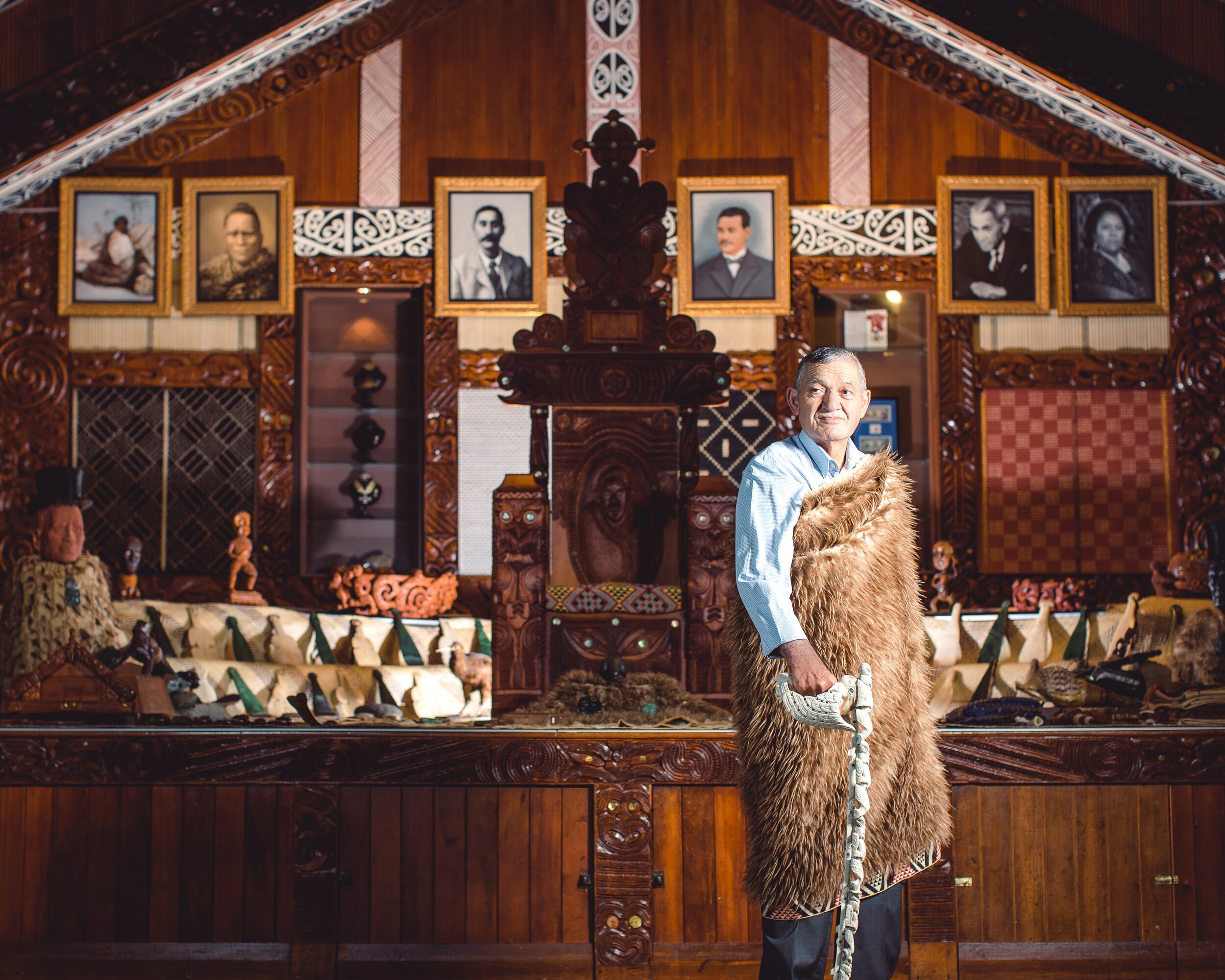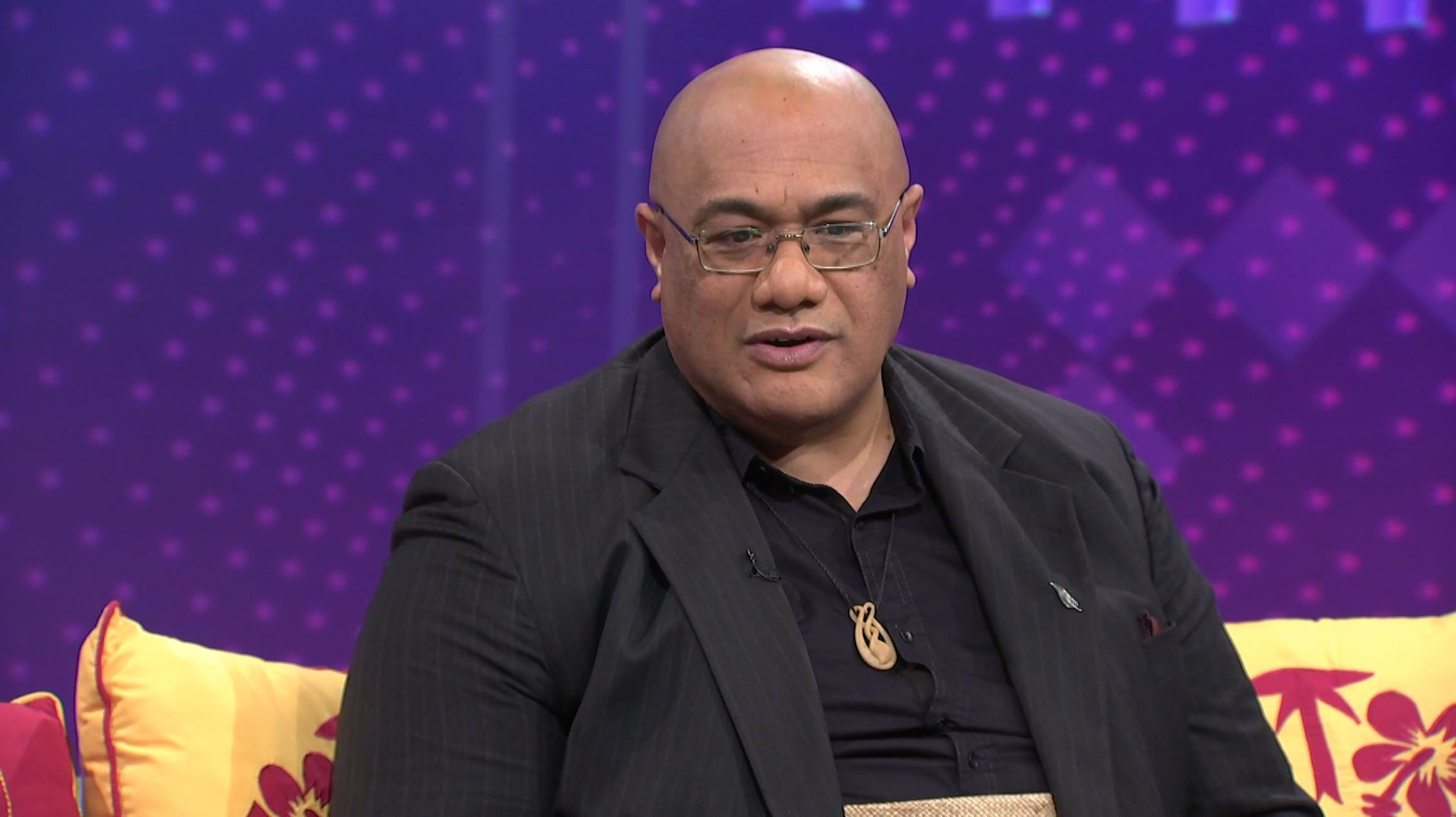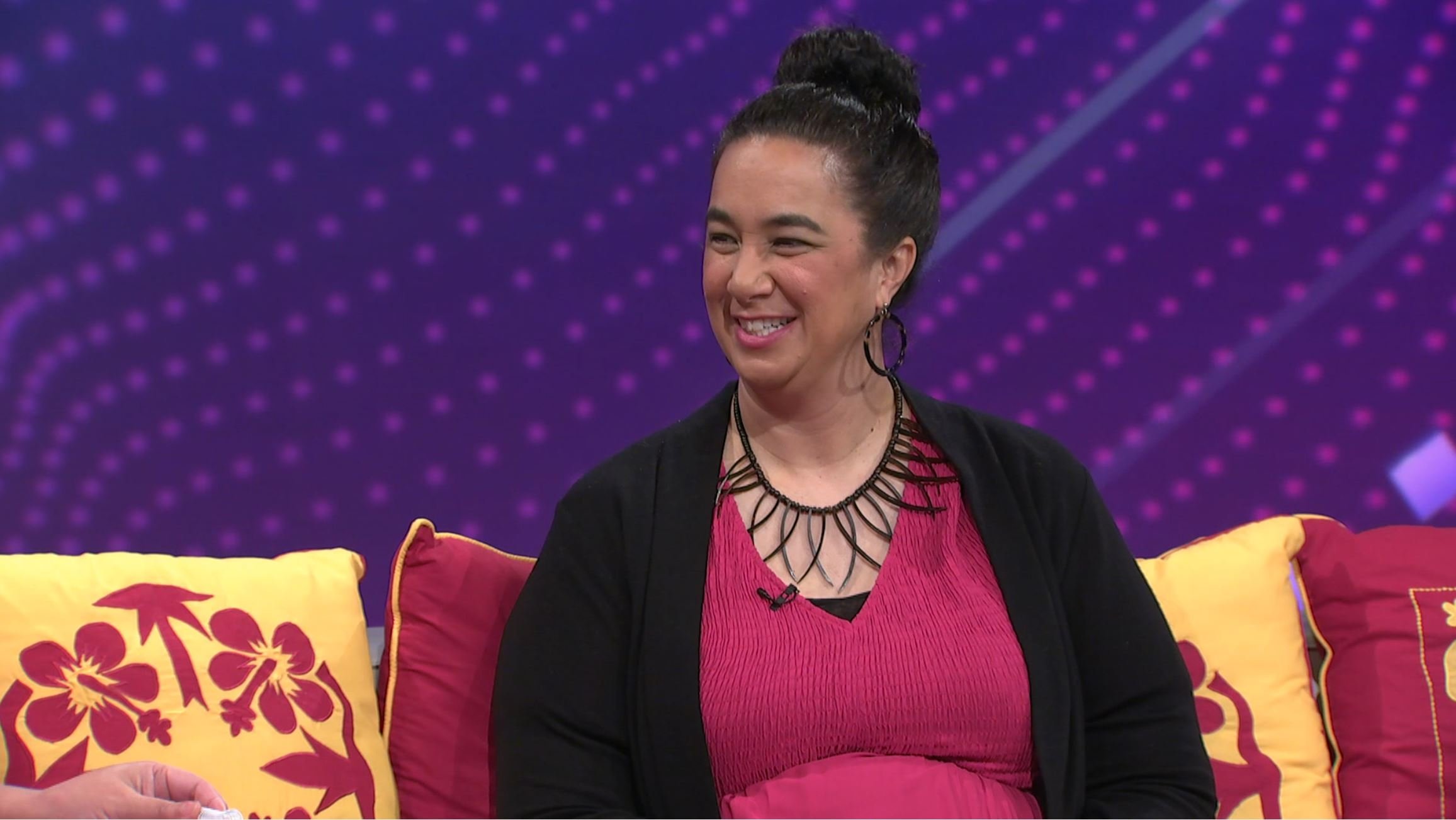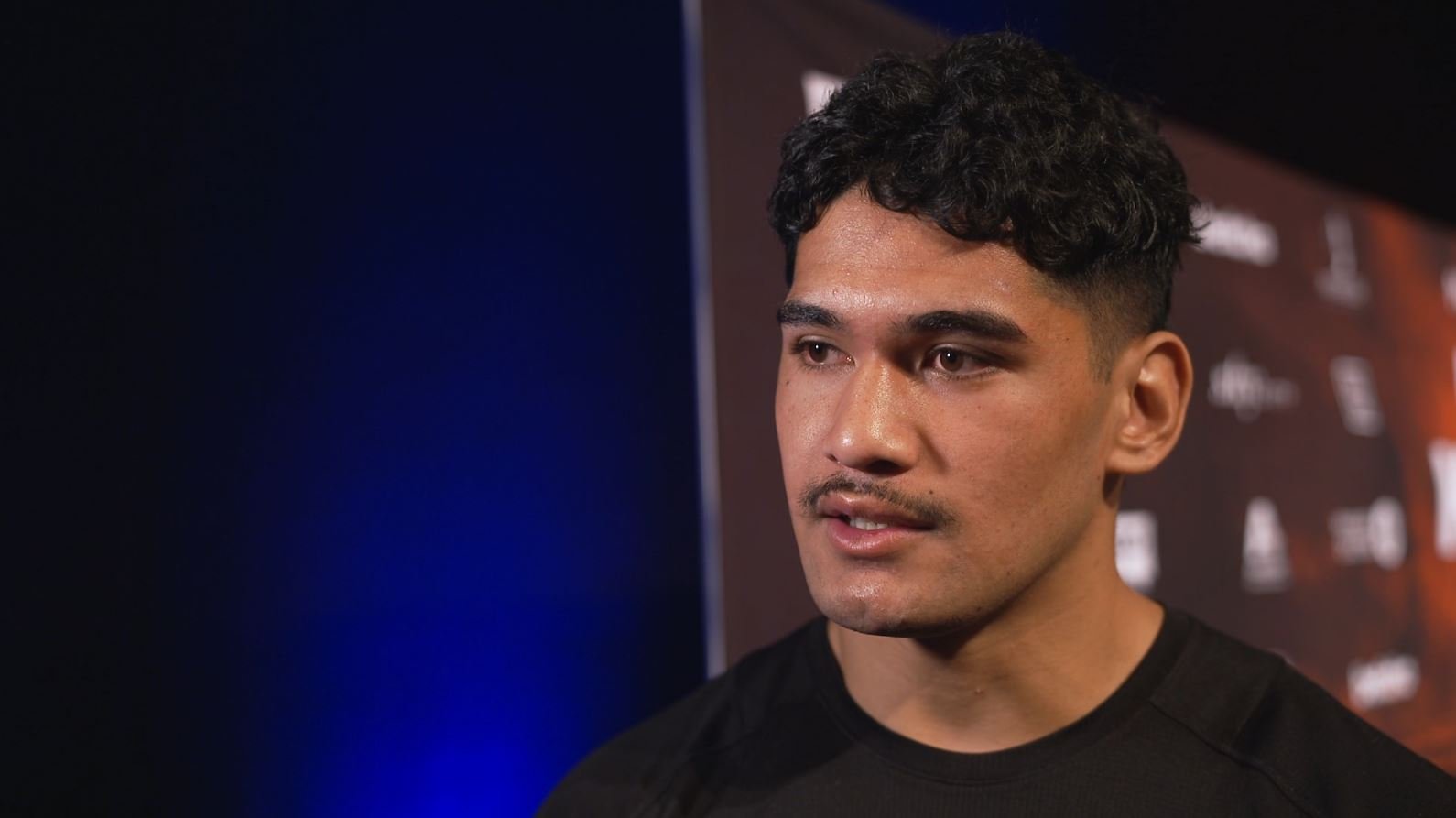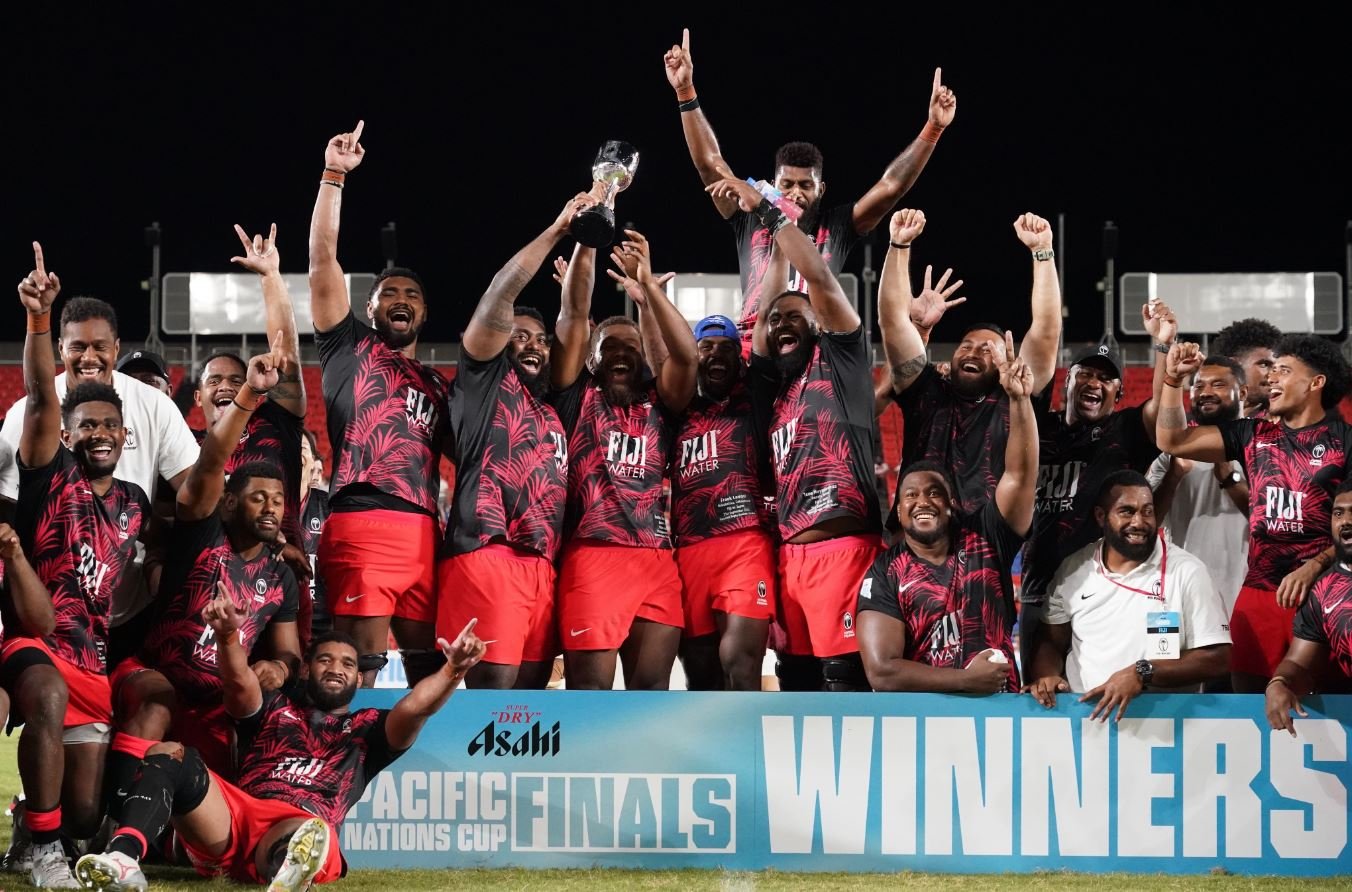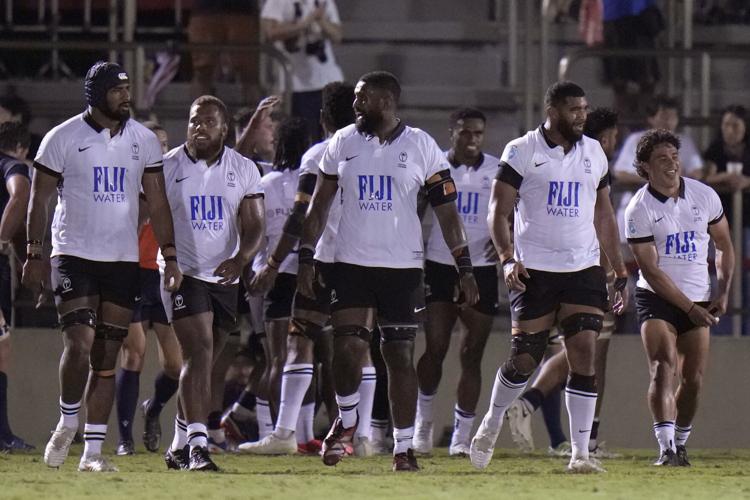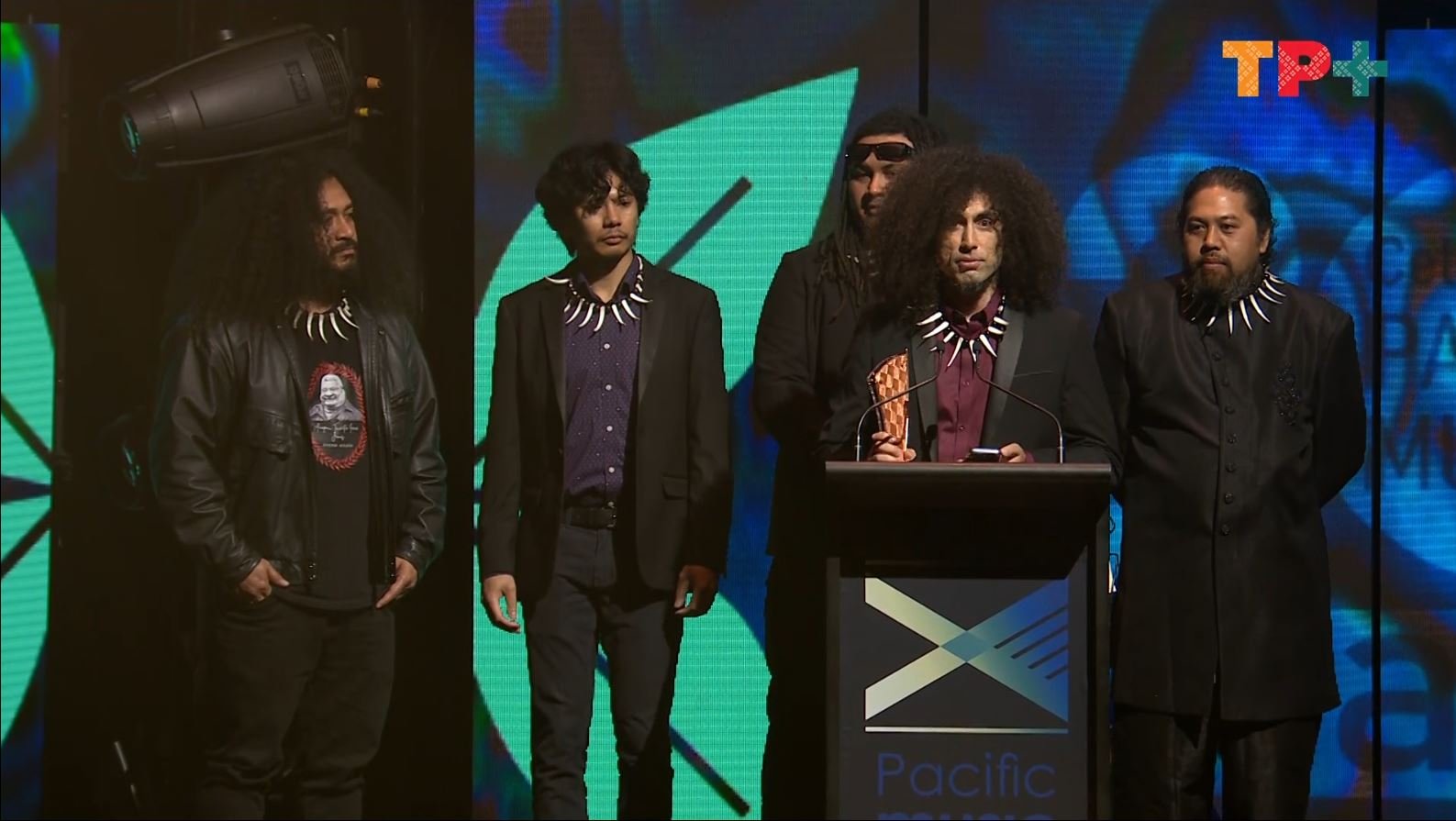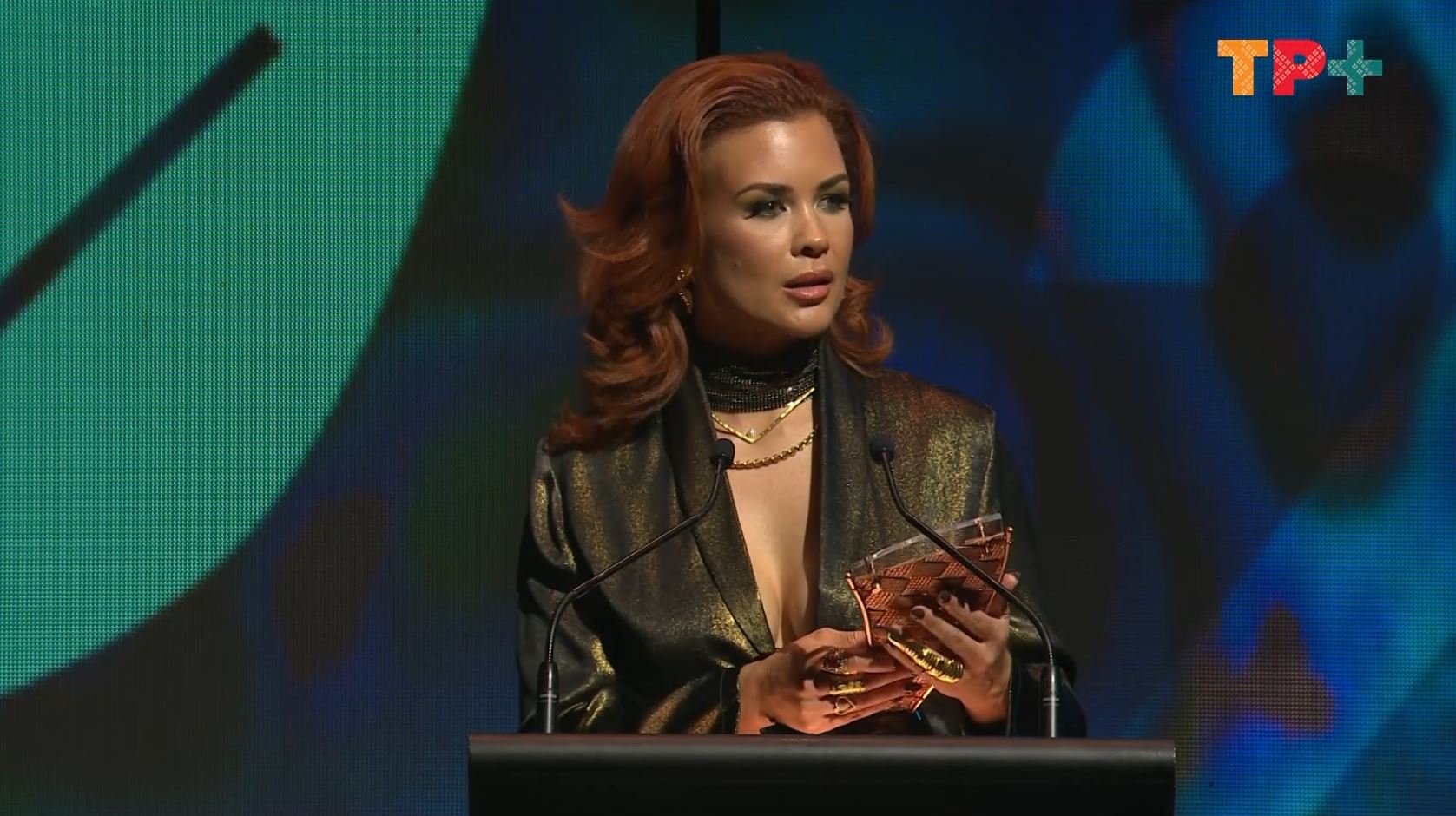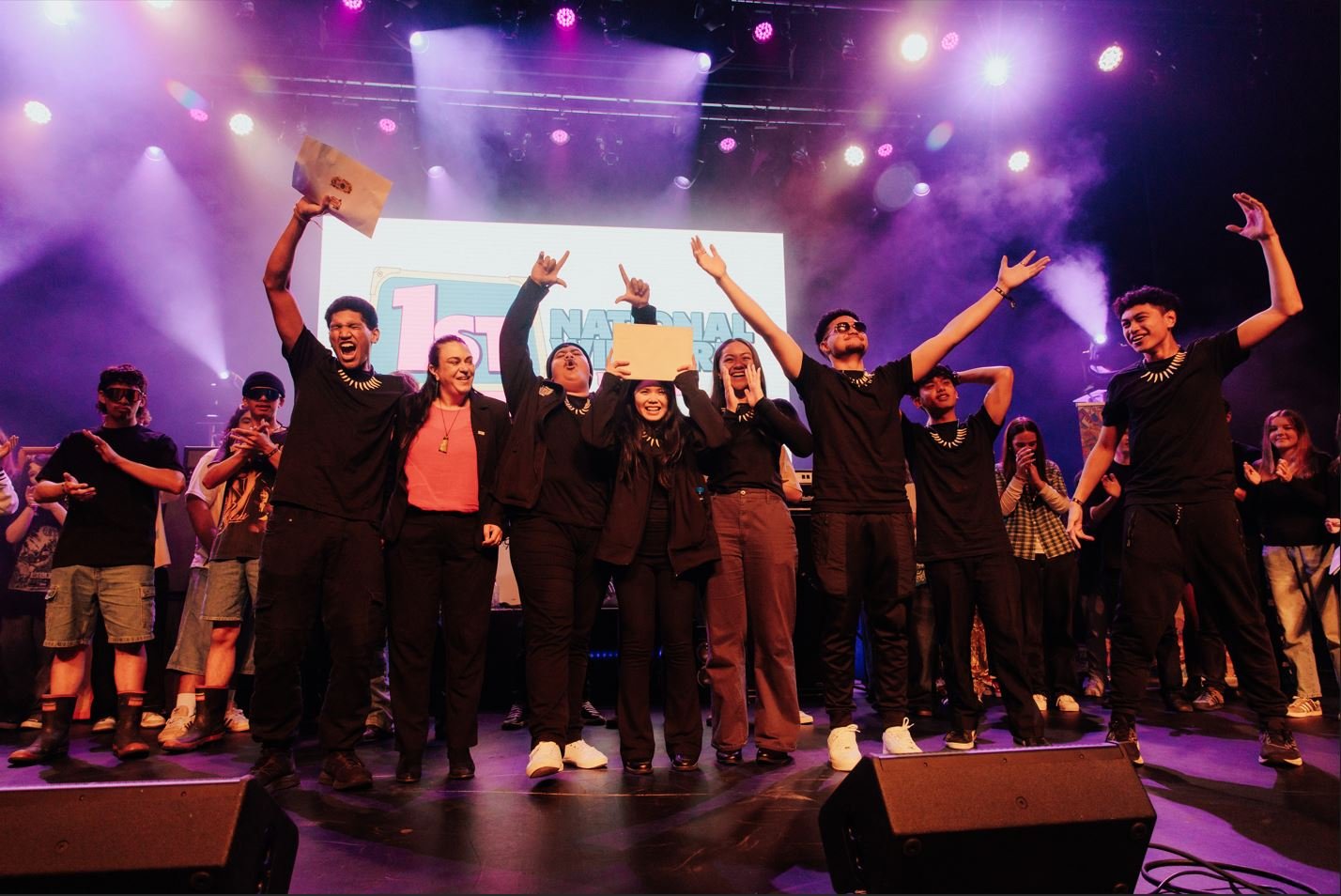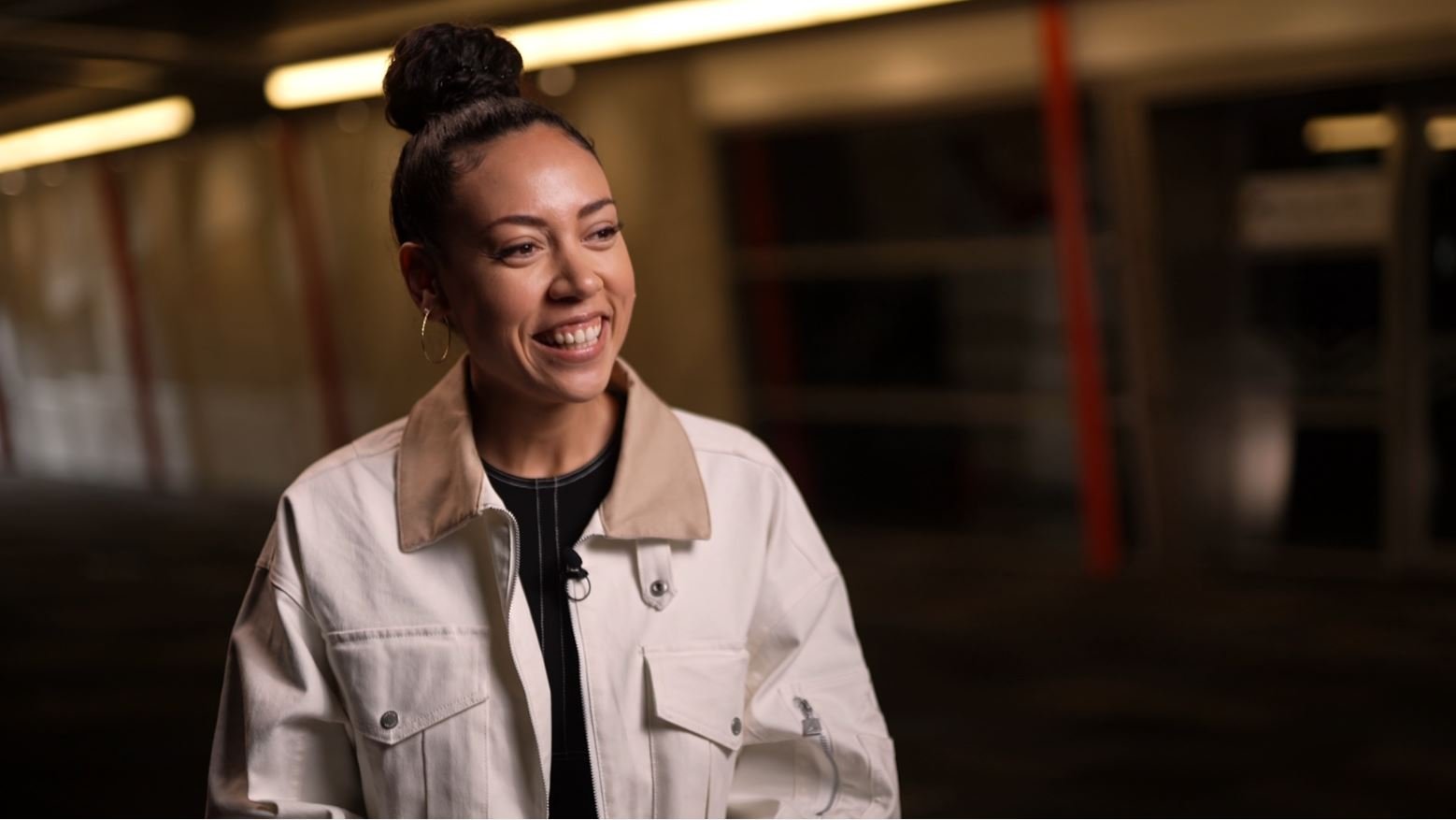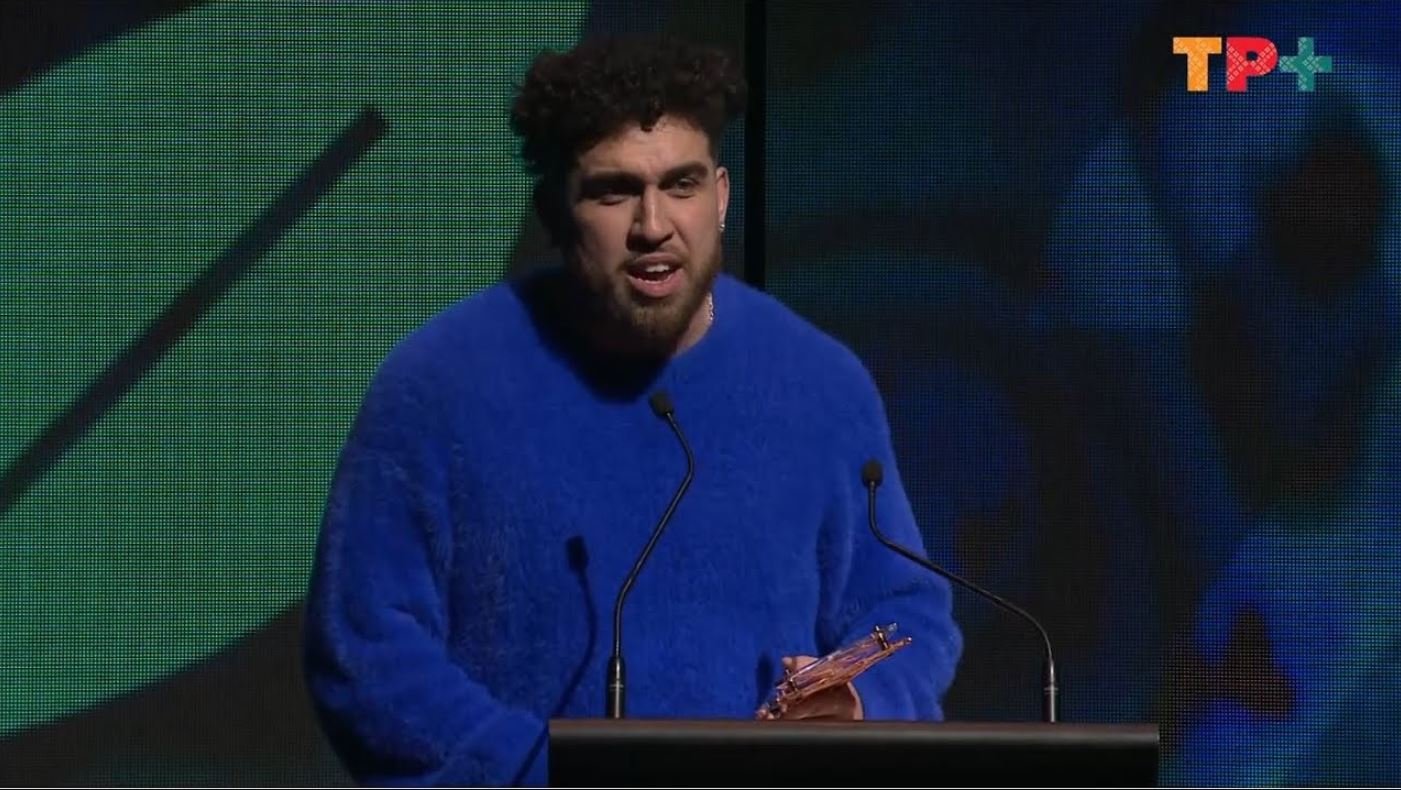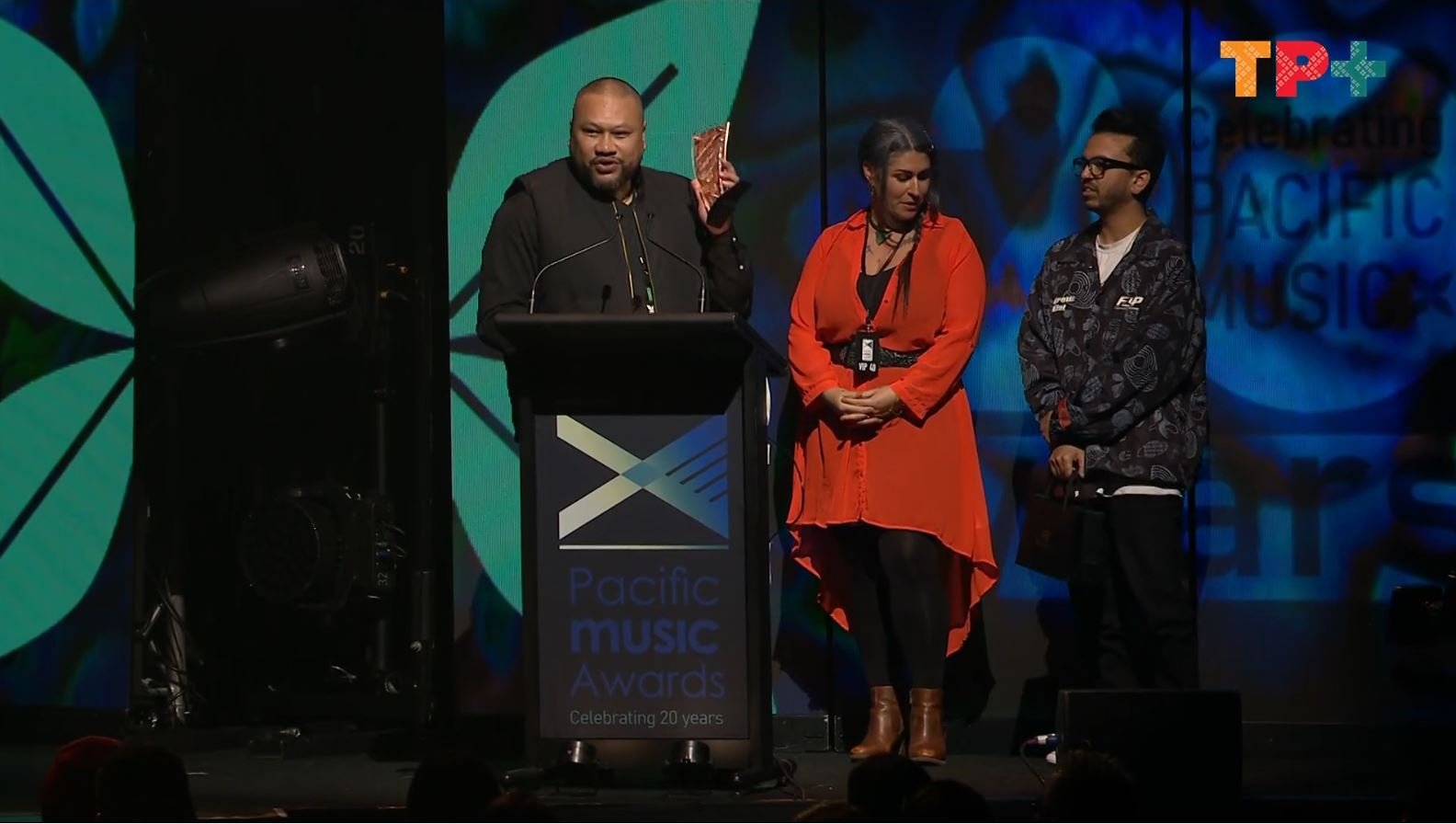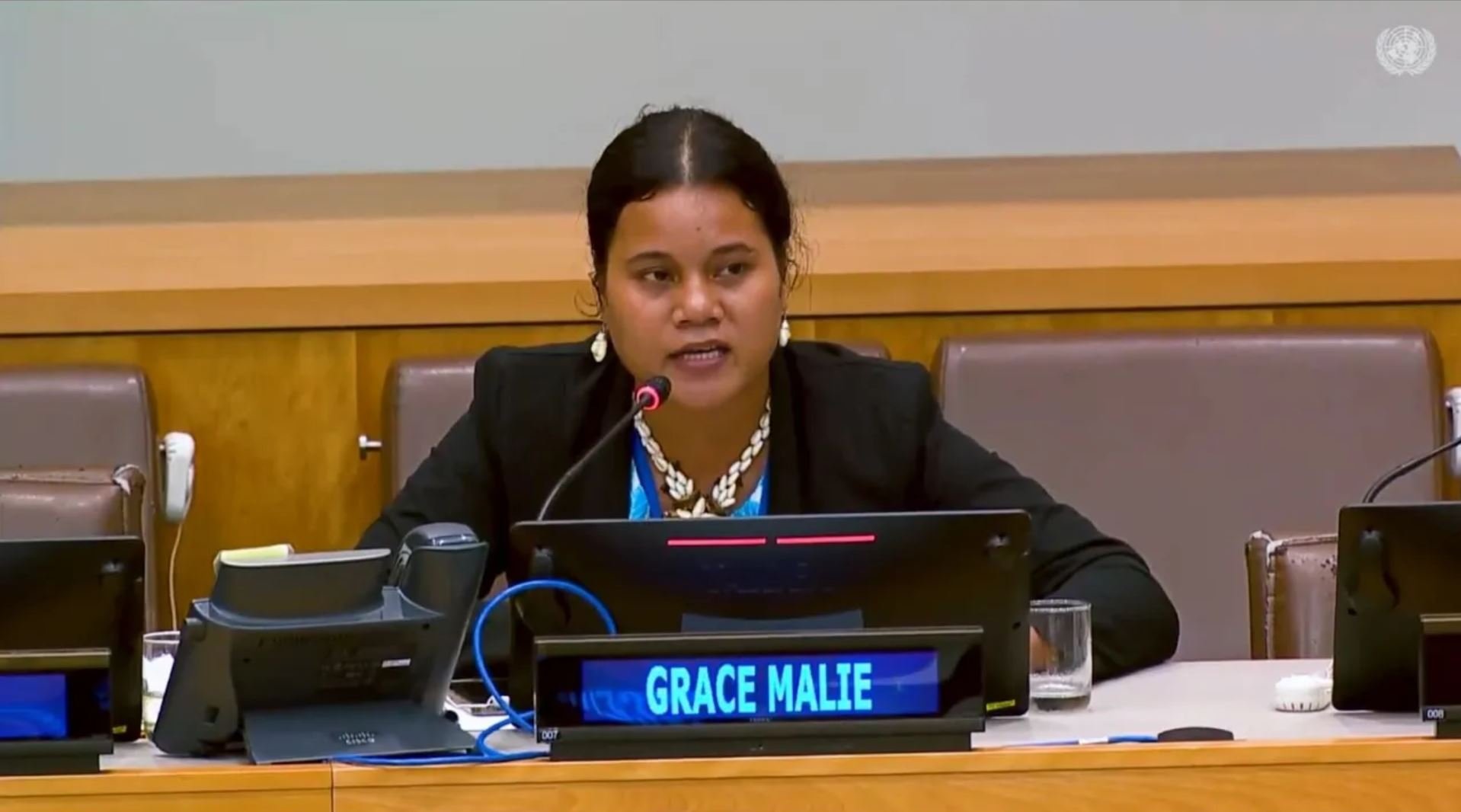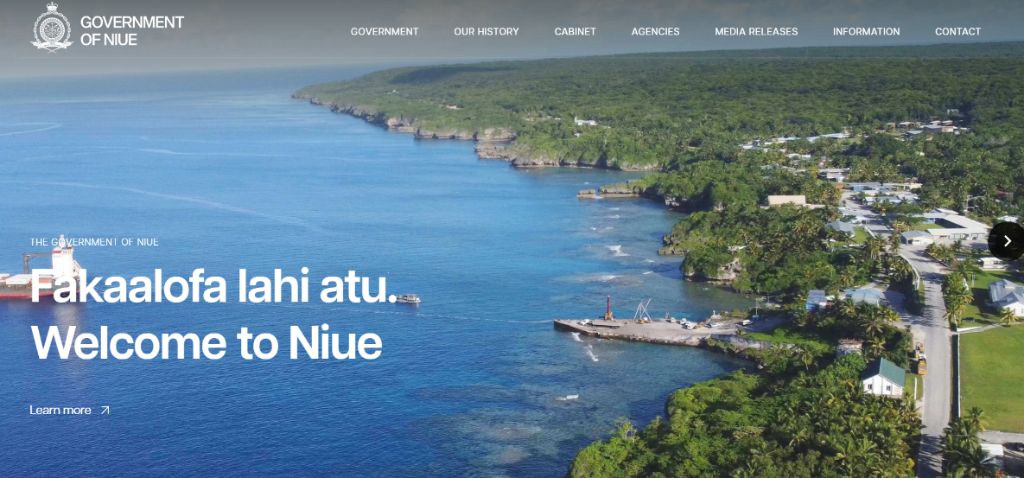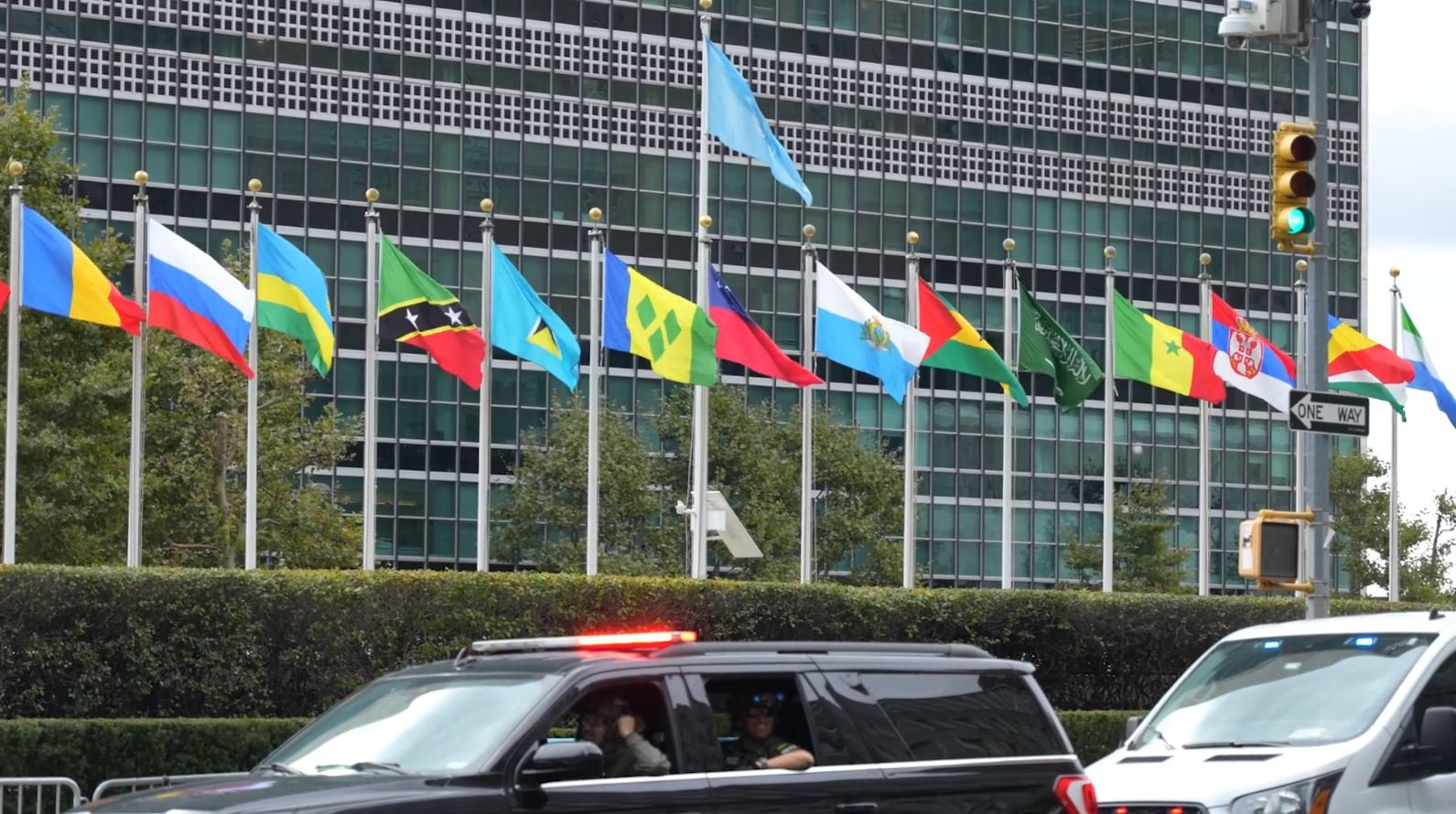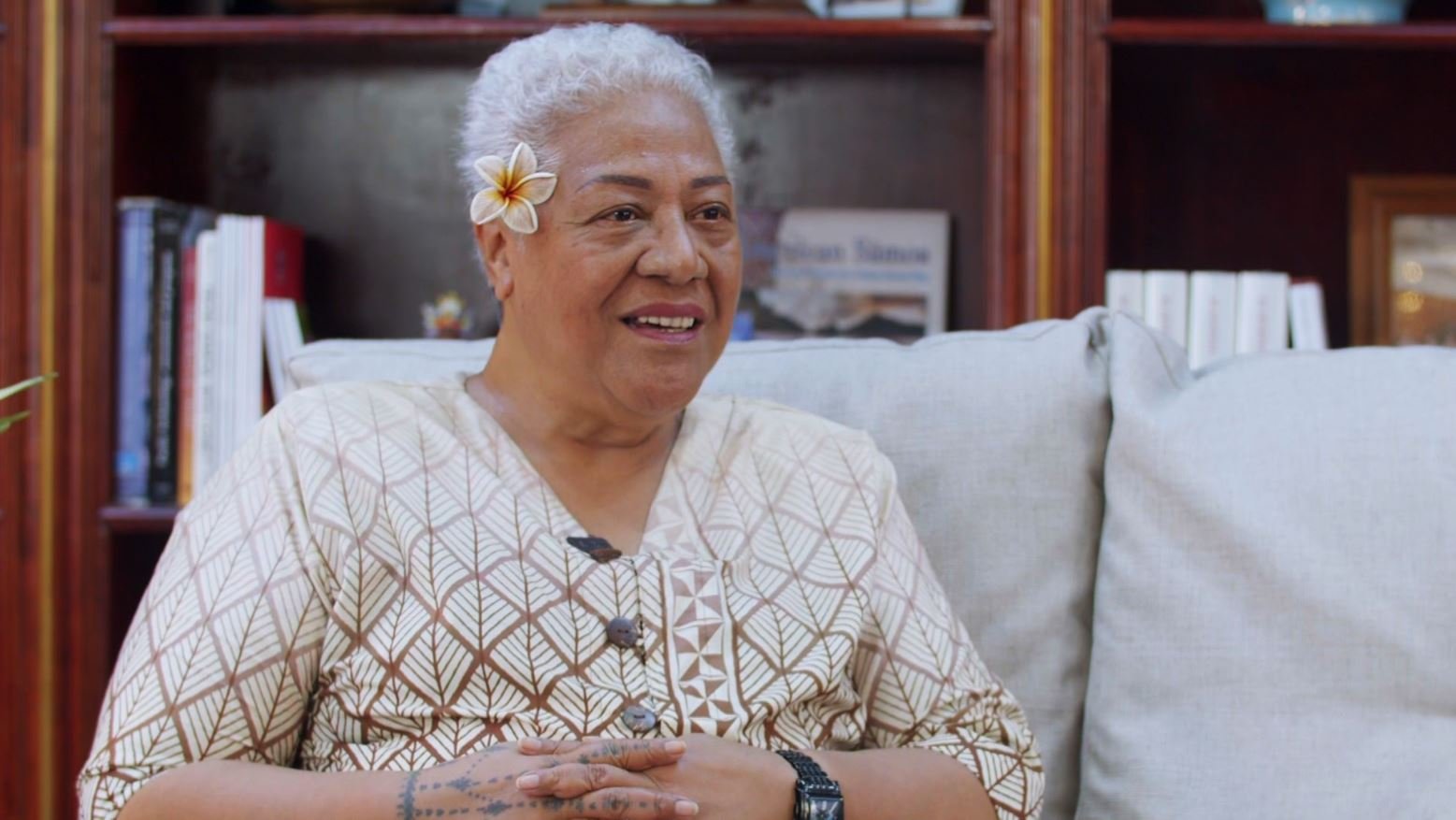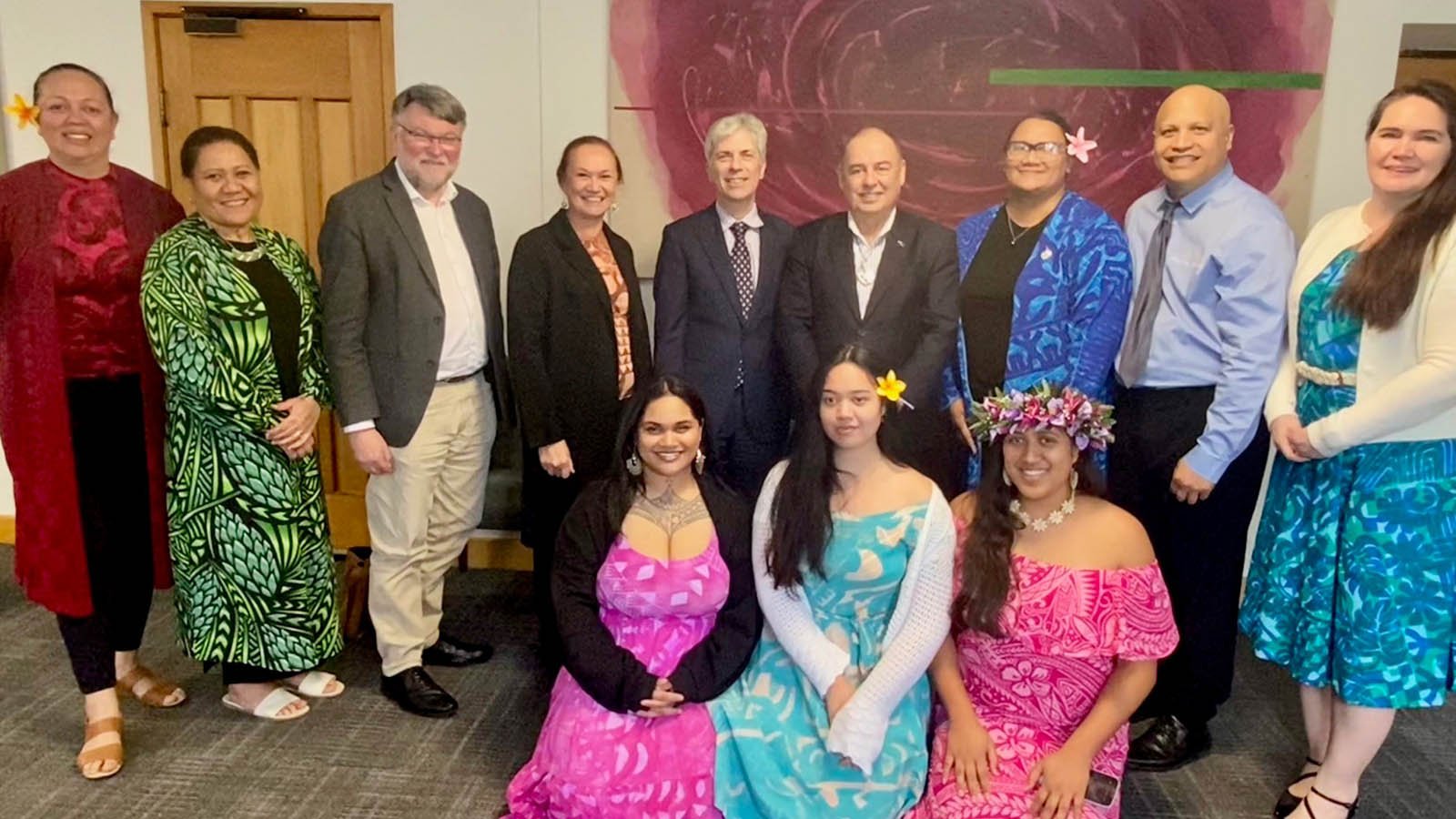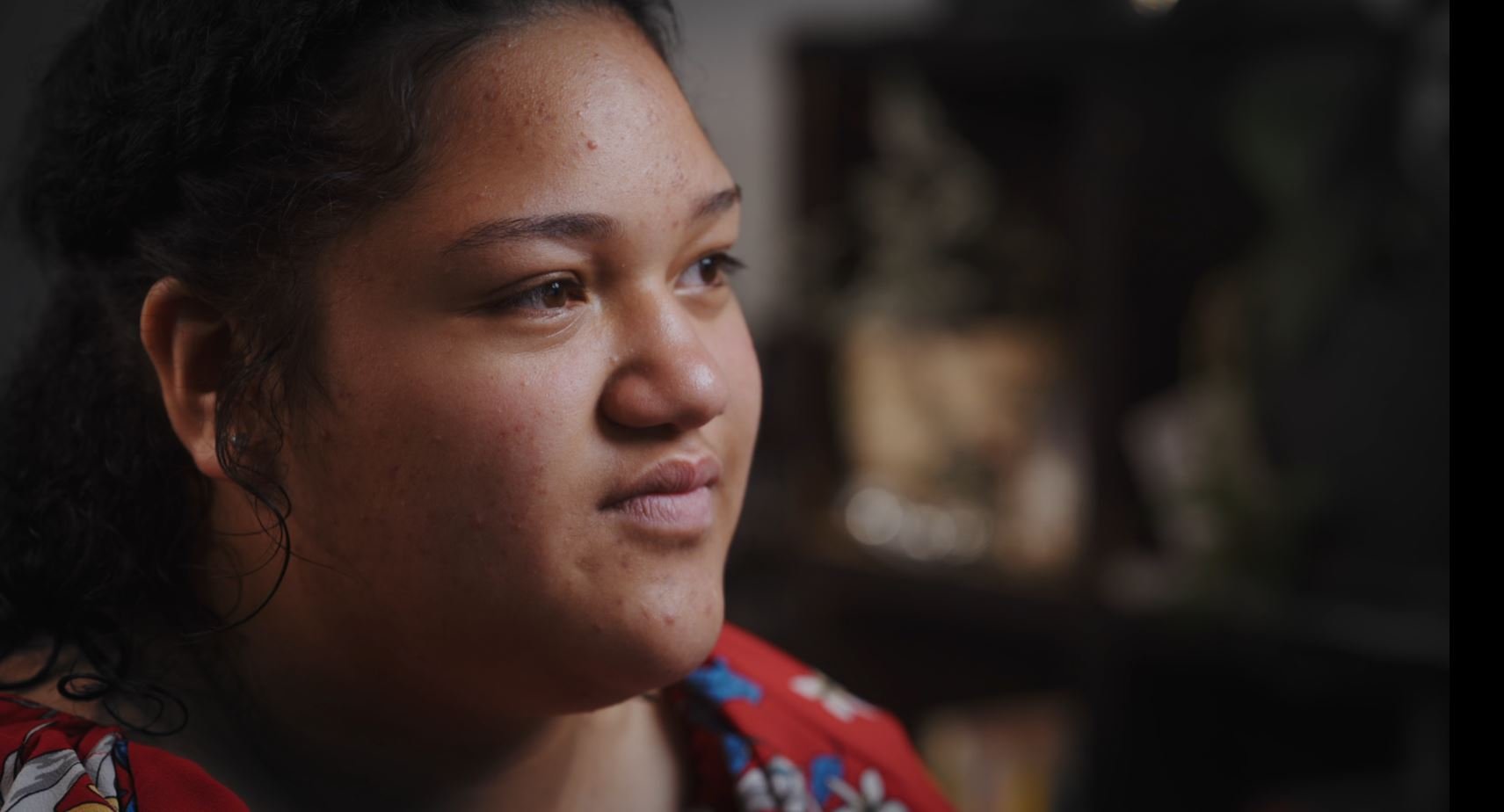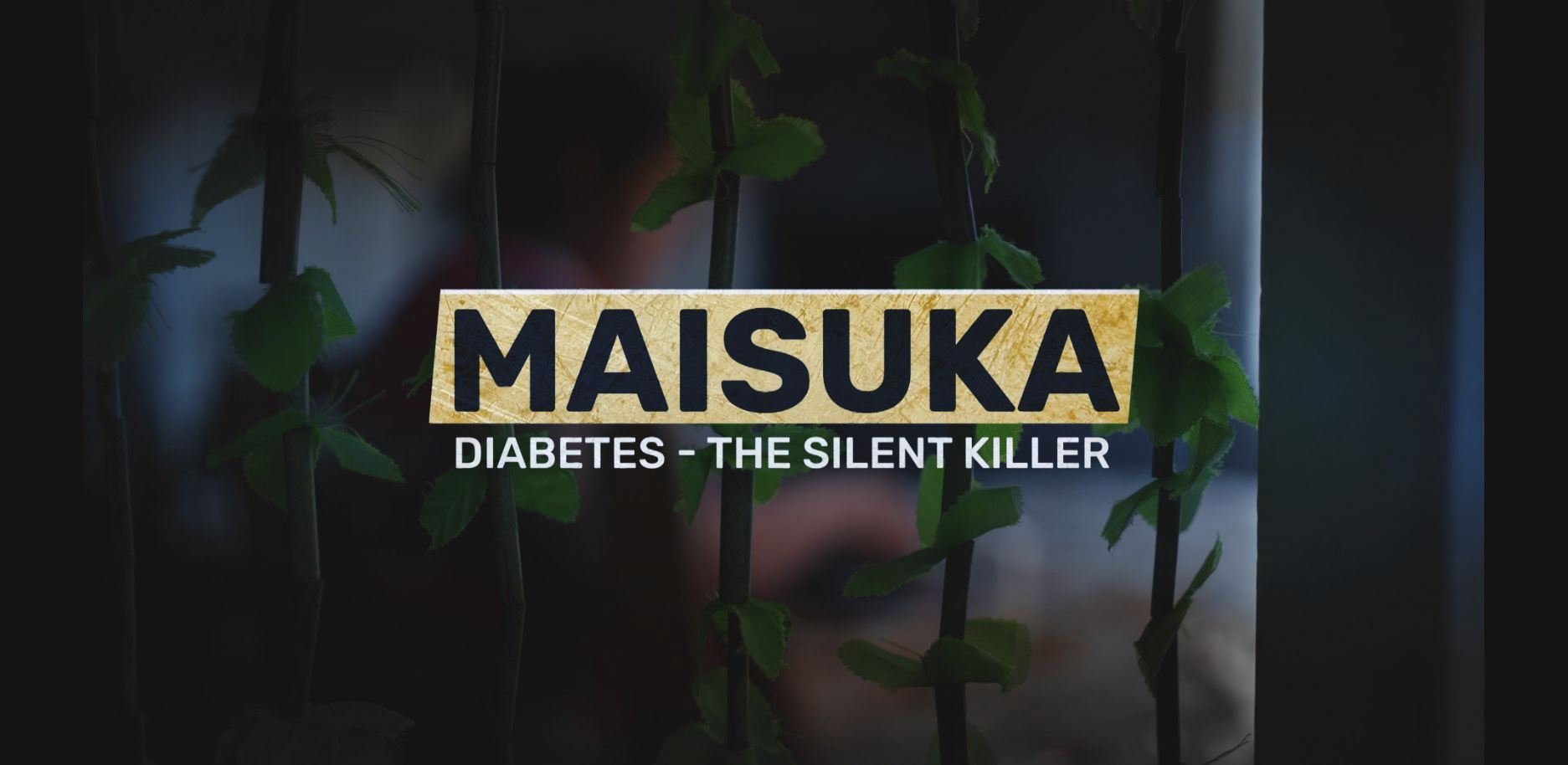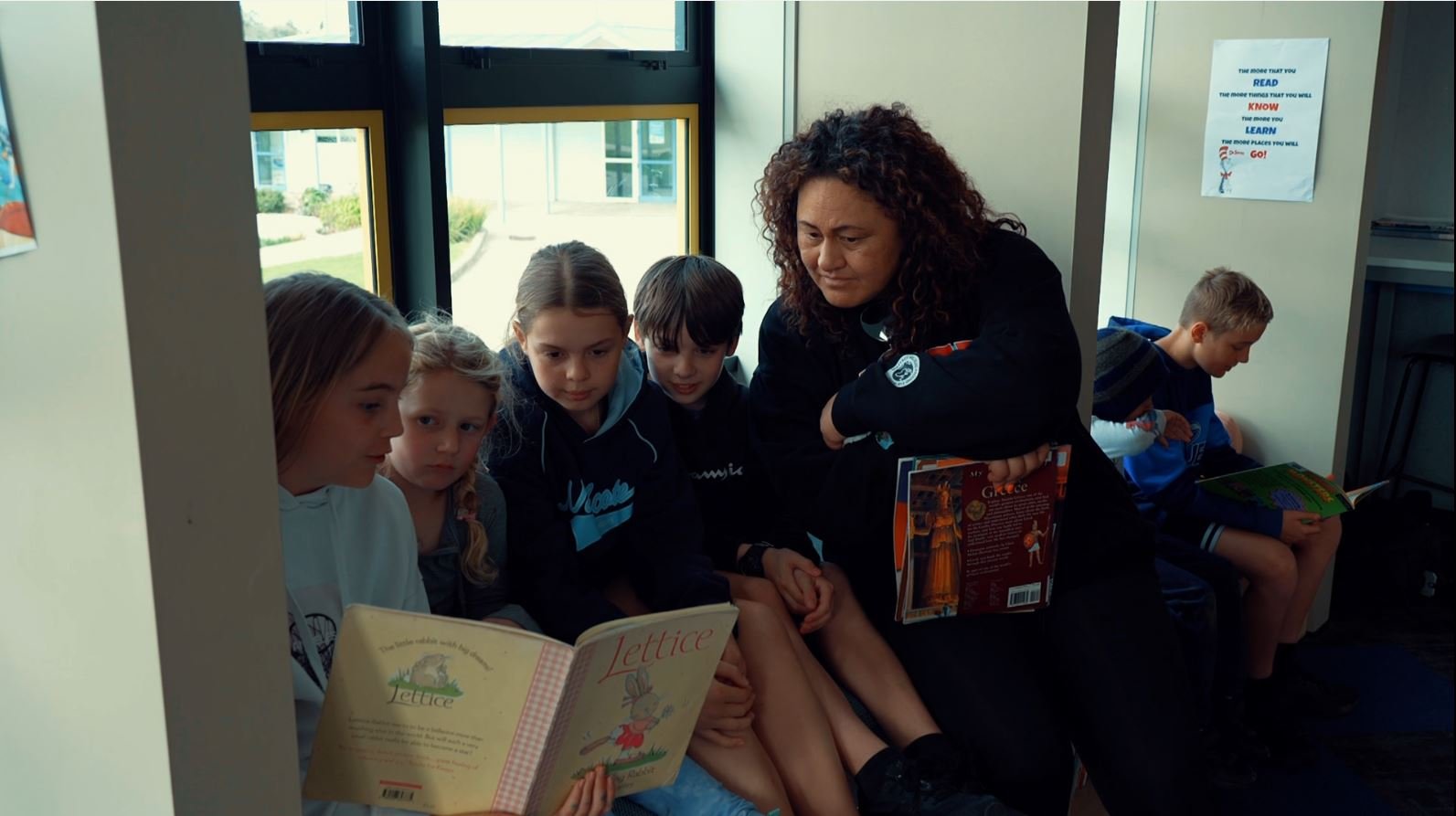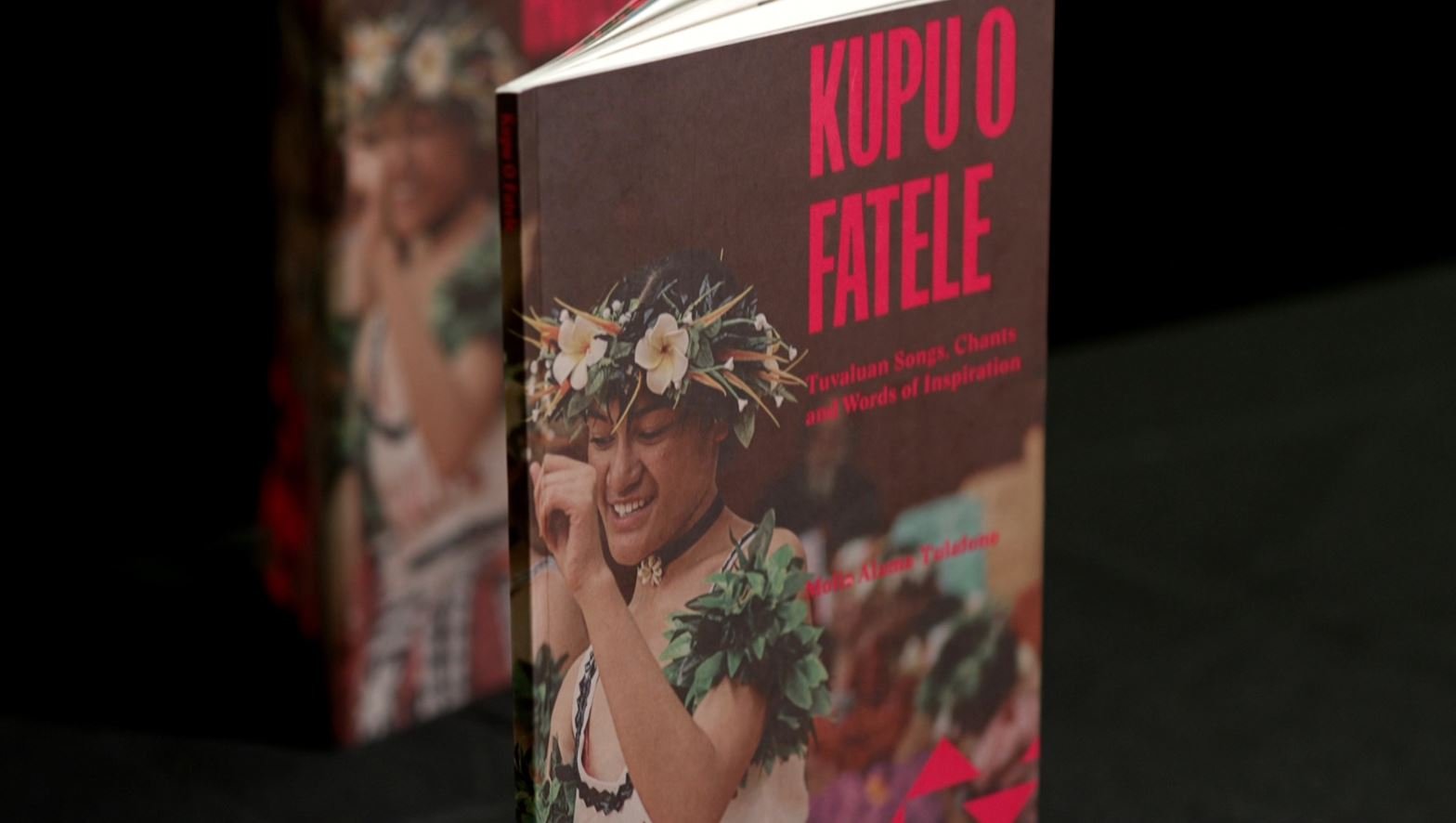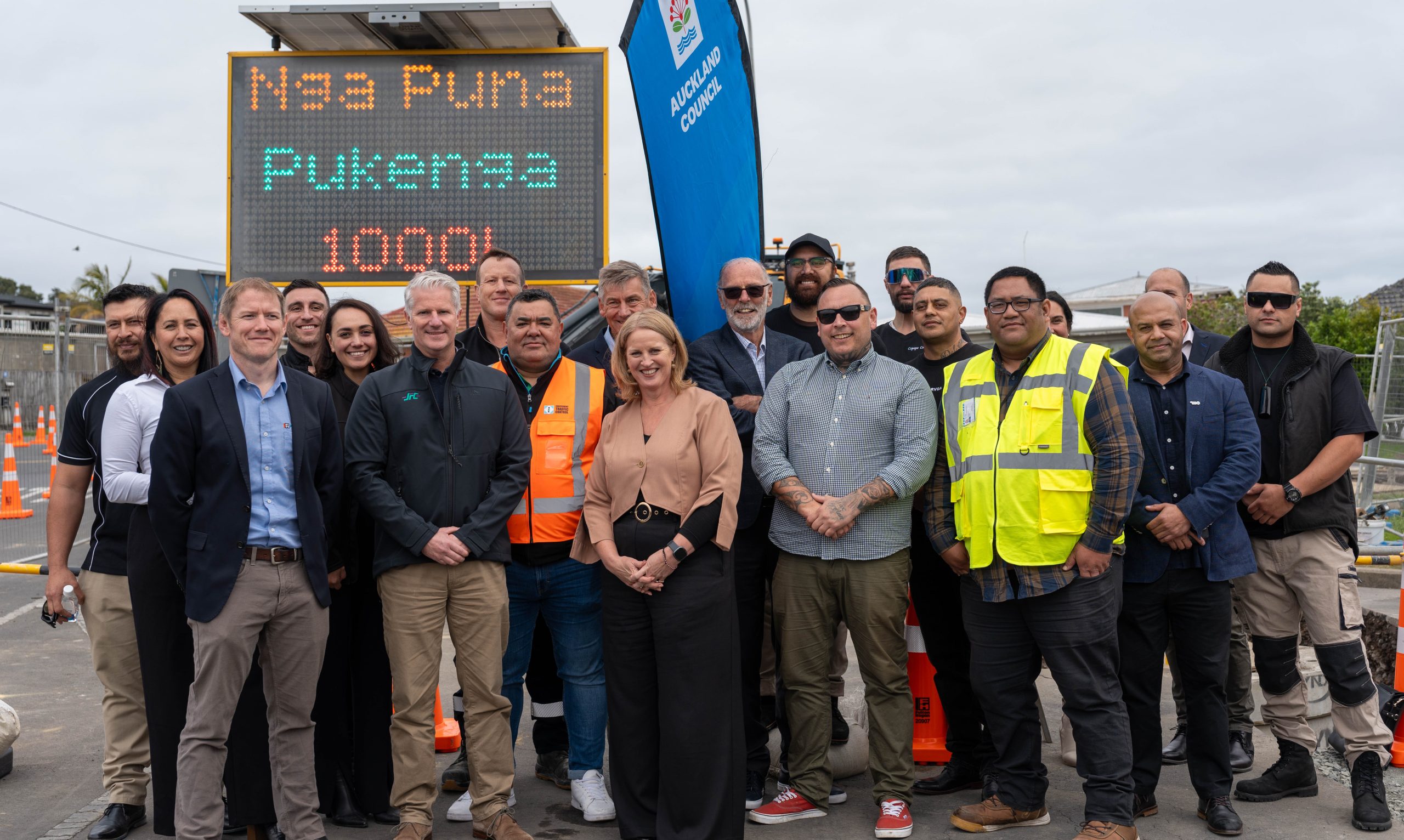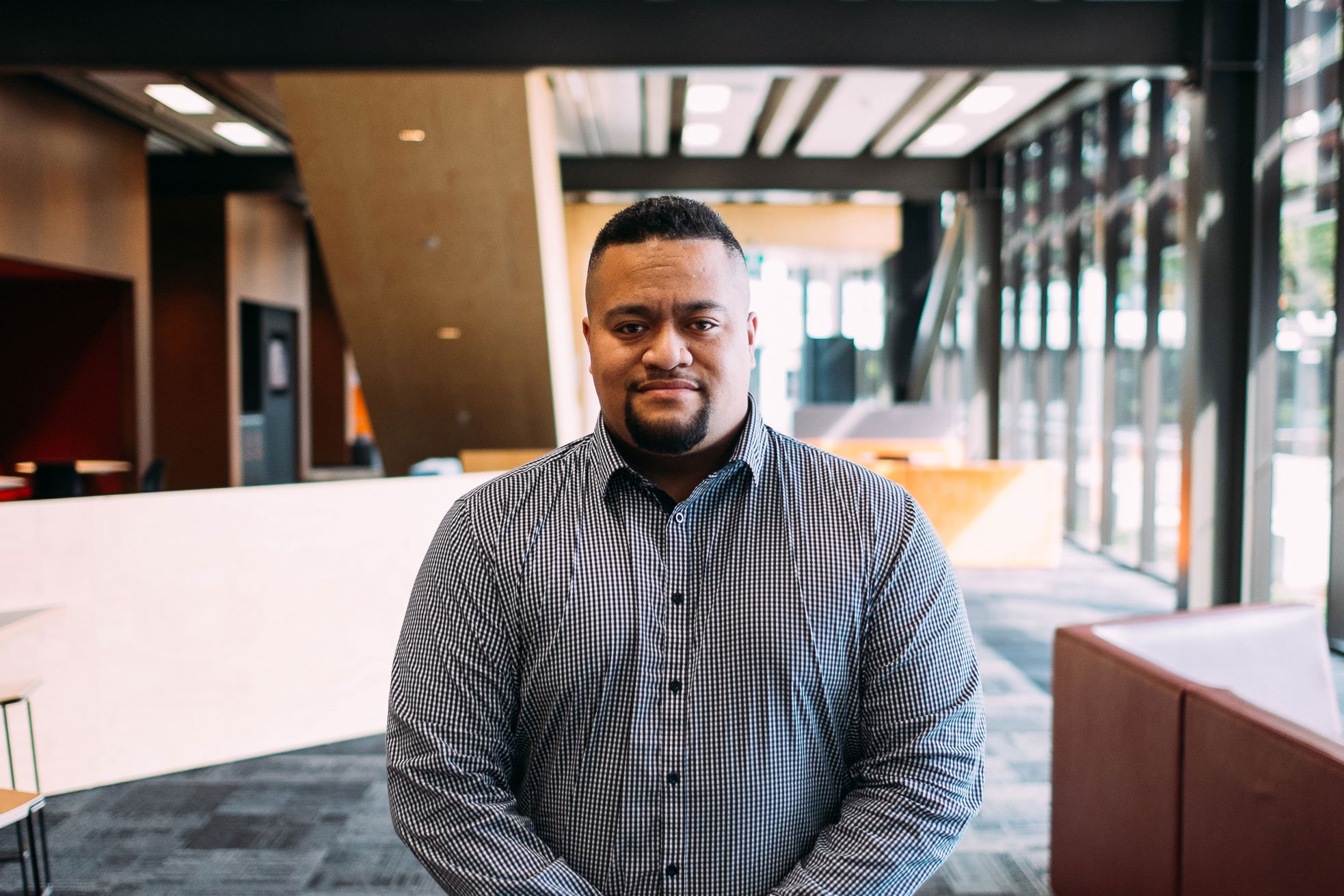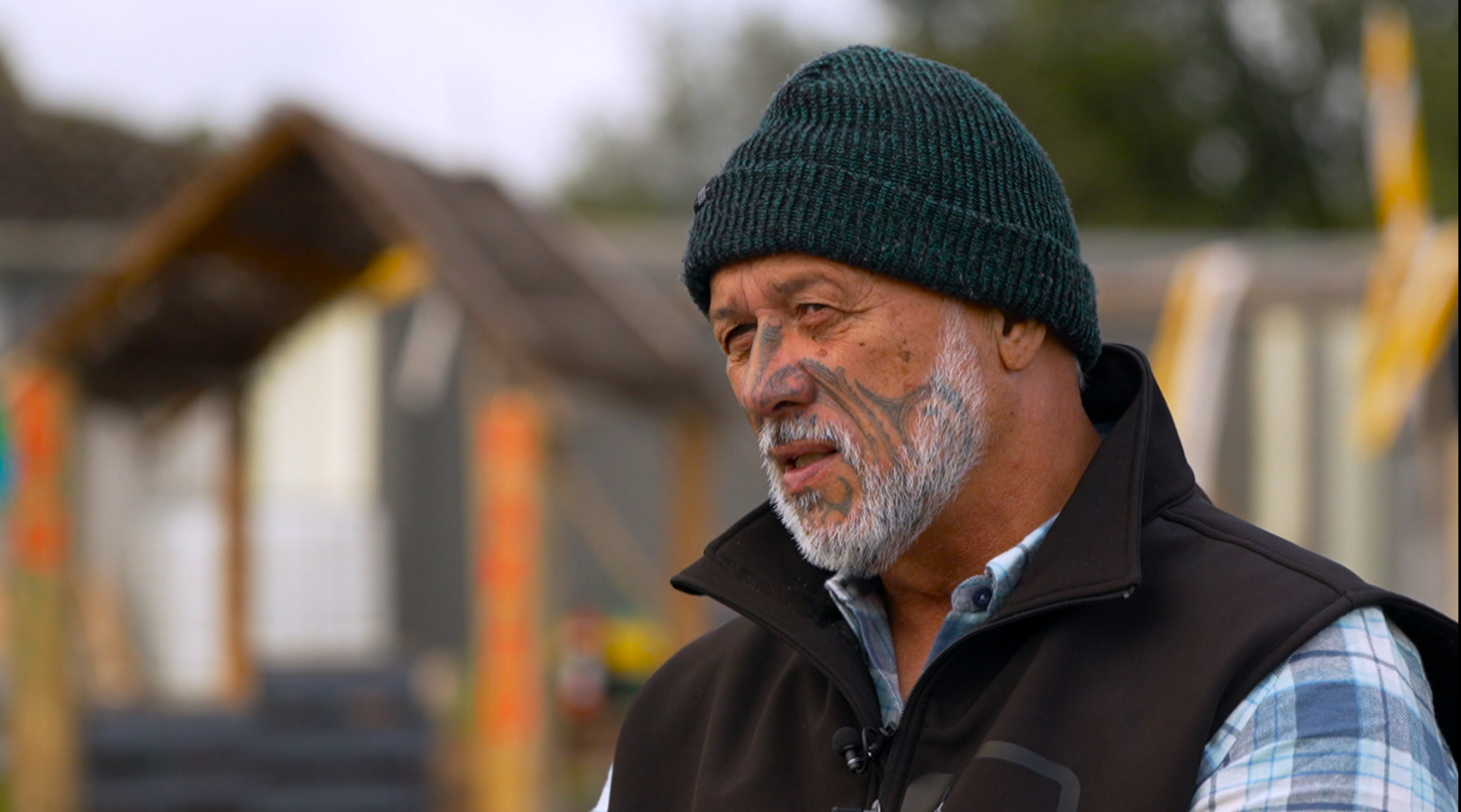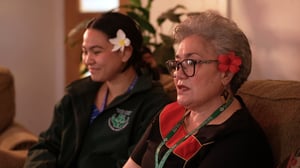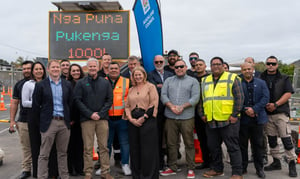When we think of climate change in the Pacific our minds might first go to islands like Tuvalu and Kiribati, which are at risk of disappearing into the sea. But here in Aotearoa, Pacific communities are also facing dangers from climate change events.
In February this year, iwi leader and climate activist Mike Smith (Ngapuhi – Ngati Kahu) won approval from the Supreme Court in New Zealand to sue seven major corporate entities for pollution.
The companies facing legal action are Z Energy, Channel Infrastructure, Genesis Energy, NZ Steel, BT Mining, Dairy Holdings, and the country’s largest dairy exporter, Fonterra.
Mike is suing the companies under private law for public nuisance, negligence, and pollution of Whenua. His case will test whether private legal action can protect the environment.
“All of our plants and all of our creatures are ancient creatures, and we’ve got trees up where I’m from that are older than Jesus Christ,” he says.
“It’s about living with nature, respecting nature, and not abusing it. That’s the kind of thinking we need to see here.”
Winning the case could pressure the companies to improve their practices, he says, although it’s just part of the many actions needed as the effects of climate change become more evident in Aotearoa.
“The climate crisis is not an abstract thing anymore. We can see it happening even in this street, as I understand it. South Auckland was flooded, and people lost their homes. This is going to become a lot more frequent and severe as time goes on.”
The 2023 floods in Auckland were extreme weather events caused by climate change, resulting in the deaths of four people.
Wayne Brown, the Mayor of Auckland, commissioned a report into the council and emergency services’ response to the catastrophe, which concluded there were failures in both leadership and processes.
In South Auckland, community leaders took action to keep people safe.
The Mangere Climate Hub, a community space beside the Tararata Stream, became an emergency hub when the stream flooded to street level. People living nearby accessed sandbags from it, and it served as a place for coordinating cleanup efforts in the aftermath.
Toni Helleure, CEO of the not-for-profit organization ‘I Am Mangere,’ set up the Climate Hub to provide ongoing support to people and community groups. Reflecting on Mangere’s response to the floods, she said, “It was an amazing testament to what the community can do when they all hold together.”
Tongan community leader Manase Lua says South Auckland was the last in line to receive support from the council. “A lot of our people were desperate and ringing around,” he says.
Just two weeks later Cyclone Gabrielle struck the region resulting in more damage and flooding before heading down-country causing further devastation.
Lua says he had to organise help for a group of Tongan RSE workers trapped on a roof in Hawkes Bay who had been “abandoned, sadly.” The workers posted videos of their predicament on Facebook, alerting the community to their need for action.
“That could have gone really wrong,” Manase says. “We were the last cab off the rank.”
Meanwhile, the government has proposed a Fast Track Approvals Bill that would allow them to approve projects with significant environmental impacts. Thousands of people protested against the bill in early June.
It’s evidence of failure in leadership, Mike says. “The government’s job is to regulate, pass laws, and access funding to solve these problems. They’re just not doing it. Worse, they’re actually going backwards.”
The volunteer group, the Tararata Stream Team, founded by Julia Tuineau 24 years ago, is now leading conversations with the community and council about how caring for the stream relates to future flood risk.
“Give it space and respect,” Julia says. “It’s what’s needed to handle the heavy rainfalls that are coming.”
“And live with it so that we have a Mangere with wild places, plenty of biodiversity, and a good quality of life, rather than regarding it as a drain for rubbish.”
“This is what a climate movement should look like,” Mike told the South Auckland community leaders. “People’s movements have often dragged governments kicking and screaming into the future. So people’s movements are really, really important.”
Mike’s case will go to court next year, but he says the real wins needed in Aotearoa will come from collective action.
“And that happens out here, not in the courts,” he says.








